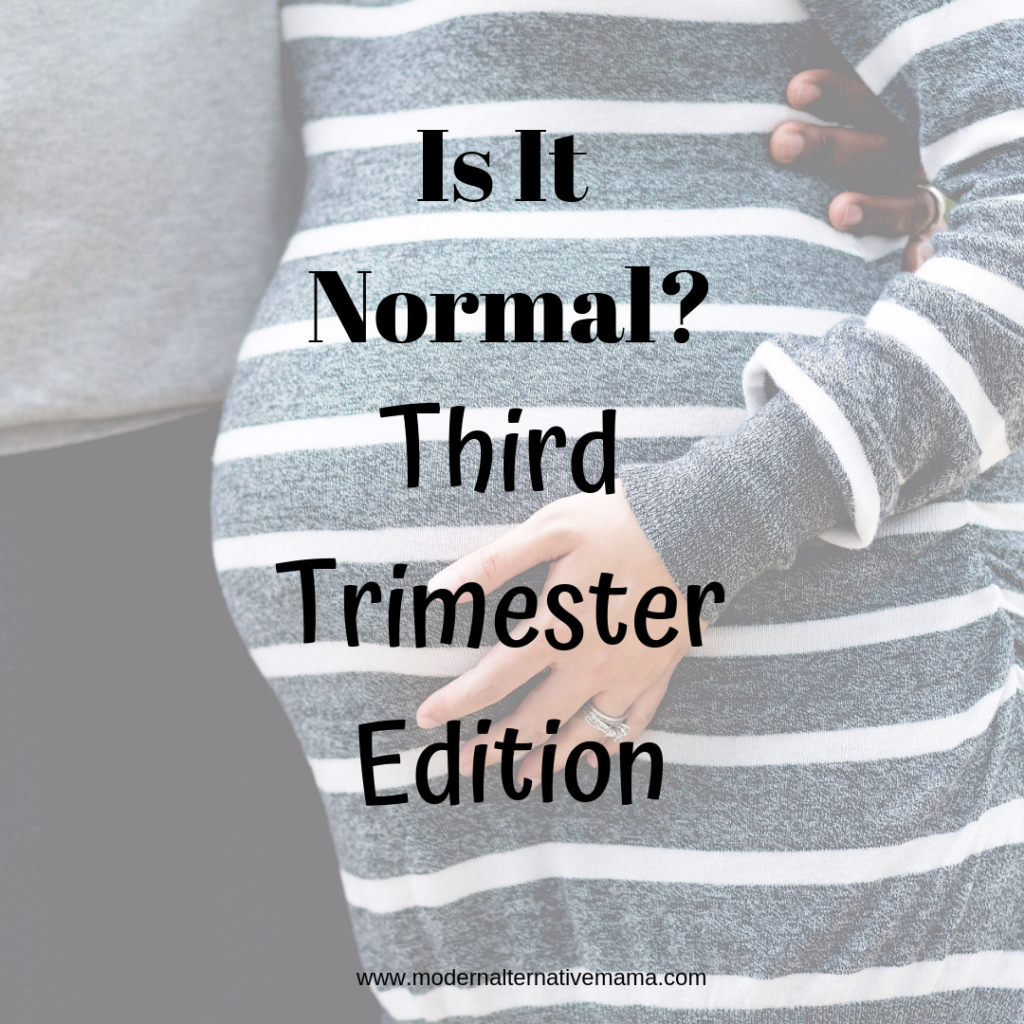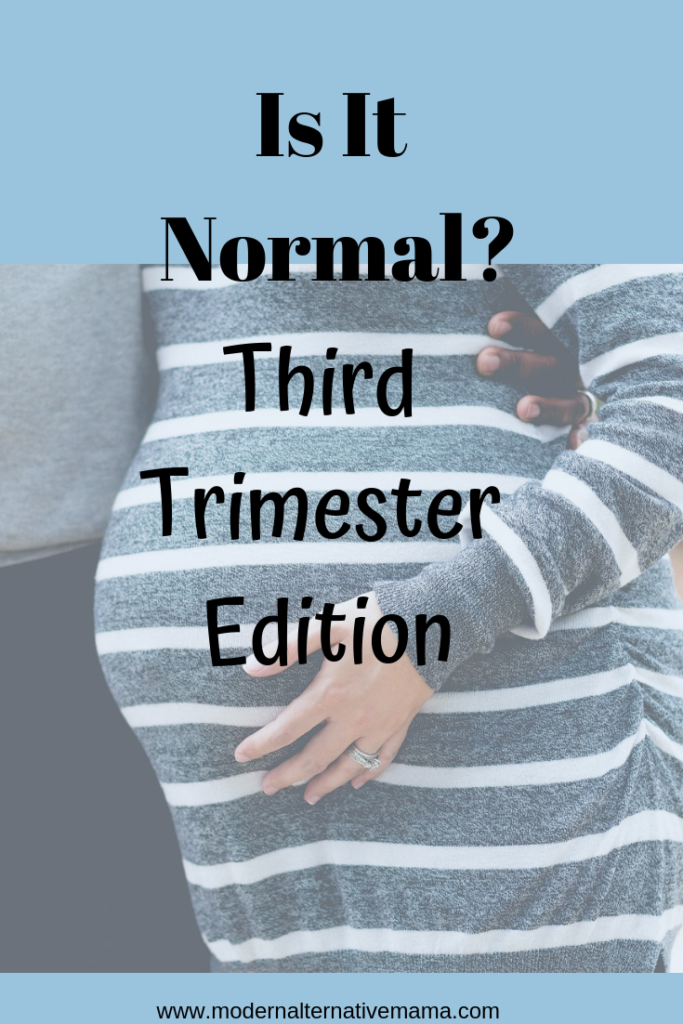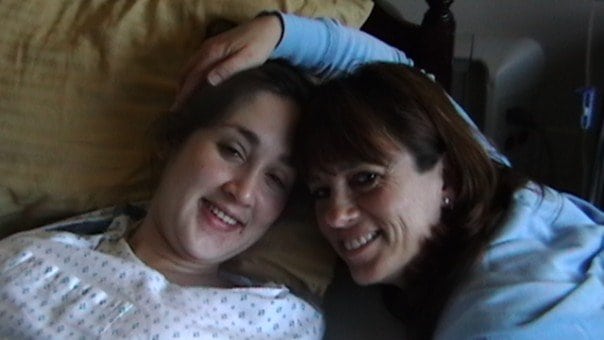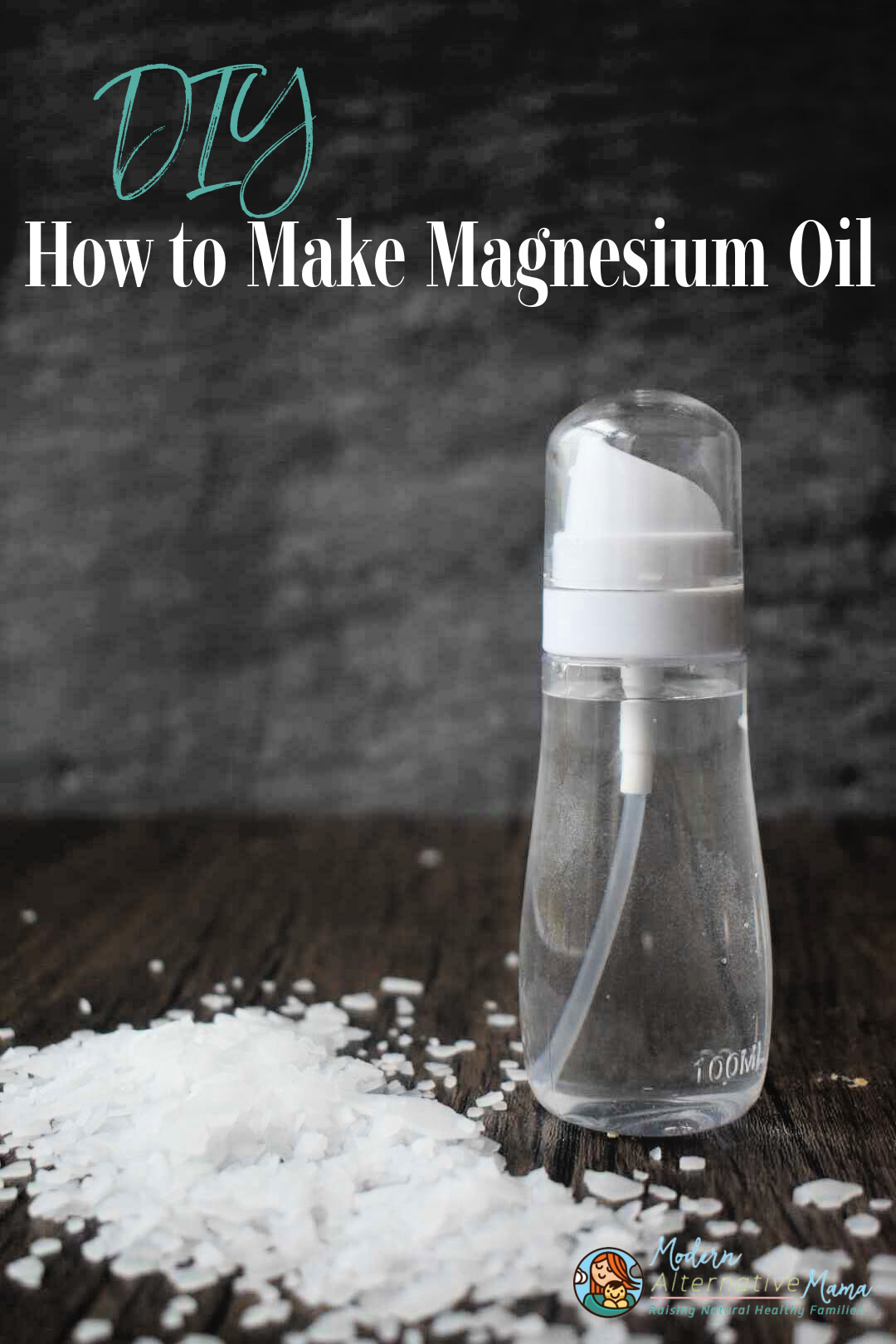Your third trimester of pregnancy can be loaded with all sorts of complaints. But does it need to be? Is it normal to have things like heartburn, incontinence, varicose veins and hemorrhoids, leg pain, pelvic and back pain, or to feel less movement from the baby?
Let explore which of these third-trimester complaints are biologically normal and which can be prevented or helped!
Heartburn
Heartburn is something that many pregnant women struggle with. But, is it normal? Let’s look at the conventional thinking on this one. Most doctors claim that heartburn is caused by the fact that there is less room in the stomach because the uterus and baby are taking up more space in the abdomen. But is this the root cause?
Most alternative practitioners would agree that any case of heartburn is caused by the enzymes in the stomach being insufficient, or that there is some sort of food intolerance at play. If you’d like to try some natural remedies for you heartburn check out this post for some great solutions that don’t involve gut flora damaging drugs.
Incontinence
Incontinence is something that no one ever wants to have happen to them. Sadly, incontinence can be something that many pregnant women experience and incontinence can get worse the more children the woman has. But is it normal?
Incontinence is caused by the weakening of the pelvic floor muscles. This weakening can happen during pregnancy since the pelvis is stretched by the ever-growing uterus. A woman’s pelvis also naturally becomes looser during pregnancy thanks to hormones that relax her ligaments in preparation for labour.
But other factors can affect whether or not a woman experiences incontinence. Things like overly strenuous activity/exercise and constipation can cause unnecessary strain on the muscles that control your bladder.
Keep the exercise you do while pregnant, and for the first year after delivery, gentle and don’t do anything too vigorous. Women need to be mindful that they don’t become constipated and continue to have one or two easy bowel movements a day.
If you experience incontinence ask for a referral to a pelvic floor physiotherapist to be assessed. They can often greatly reduce your symptoms just by showing you how to do some basic exercises at home.
Varicose Veins And Hemorrhoids
Sadly, varicose veins and hemorrhoids can be a very normal part of pregnancy. There is increased abdominal pressure when you are pregnant due to the increase in the size of your uterus as well as the growing baby. This, along with constipation can mean that hemorrhoids could be your new friend.
There are natural creams that you can use to help reduce the severity of hemorrhoids so that they aren’t so bothersome. Make sure your bowel movements pass easily as well because constipation will make them worse.
Check your diet and include lots of healthy foods to keep you regular and make sure you don’t have any food intolerances that could cause constipation.
Foods that commonly cause constipation include:
- Bananas
- Rice
- Gluten
- Dairy
- Sugar
- Oats
Leg Pain
Many women in their third trimester complain of leg pain. This can have many causes and some of them are normal while others are not and should be seen immediately.
If you have general leg pain that happens at the end of the day that sort of feels like a muscle cramp then you might actually need to increase the amount of magnesium you’re getting. Muscle cramps are a sign that your magnesium levels are low since magnesium in needed for the proper functioning of the muscles and nerves in your body. Magnesium applied topically is great for leg pain and restless legs. You can try magnesium oil, a magnesium lotion, or even regular baths with Epsom salt.
If you experience leg pain that feels like throbbing and is located in one specific area of your leg and is also hot to the touch and red then you’ll want to go into the ER to be seen. This type of leg pain is not normal and could be a condition called Deep Vein Thrombosis (DVT.) DVT is caused by a blood clot forming in your legs. It gets stuck as it attempts to travel up towards your heart and causes a blockage. If the clot breaks free and makes its way up it can be fatal.
Pelvic and Back Pain
Many women suffer needlessly with back pain and pelvic pain during pregnancy. There are obvious body changes that occur that can contribute to the pain. Your uterus and baby grow exponentially during pregnancy and this can cause back and pelvic pain. The relaxing of your ligaments can cause pain, too.
But you don’t have to consider this normal. If you are experiencing back or pelvic pain while pregnant see a chiropractor or osteopath trained in treating pregnant women. They will be able to relieve much of the pain you’re experiencing. If this doesn’t help there are support garments you can wear that will help relieve the pain.
For more tips and tricks on soothing pregnancy back pain check out this post for some excellent ideas.
Less Movement
Less fetal movement is something that can happen during the last couple of weeks of pregnancy. This is because the baby has grown so big that it doesn’t have much room to move. Most practitioners will have you do Kick Counts to make sure that your baby is moving enough. At a couple of points throughout the day pay attention to how much your baby is moving.
If movements decrease then you should be seen ASAP to be checked. Decreased movement can be normal but it can be a sign that things are beginning to go wrong. There is no harm in going in to be monitored just to make sure everything is okay with you and baby. Trust your gut mama.







